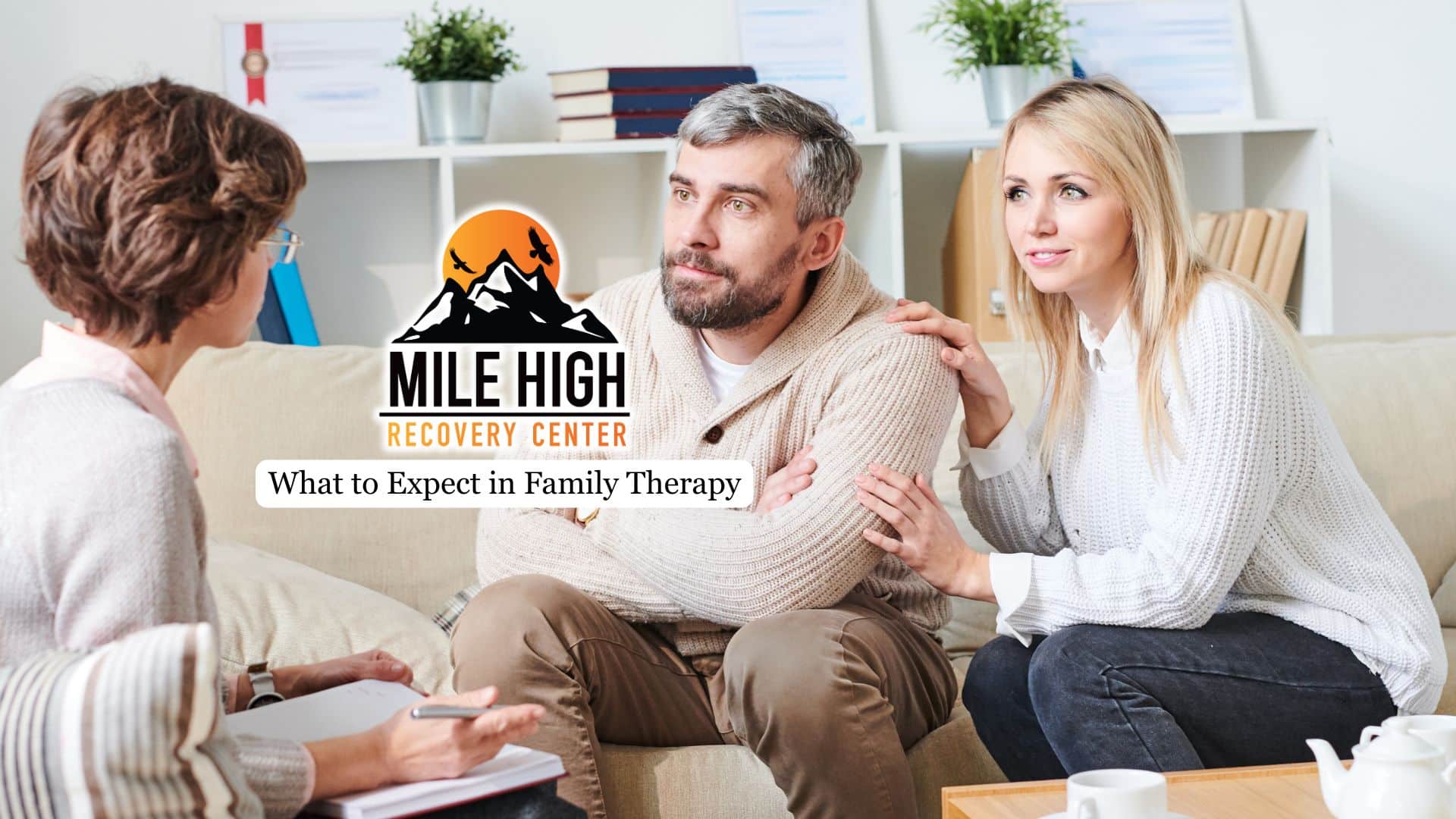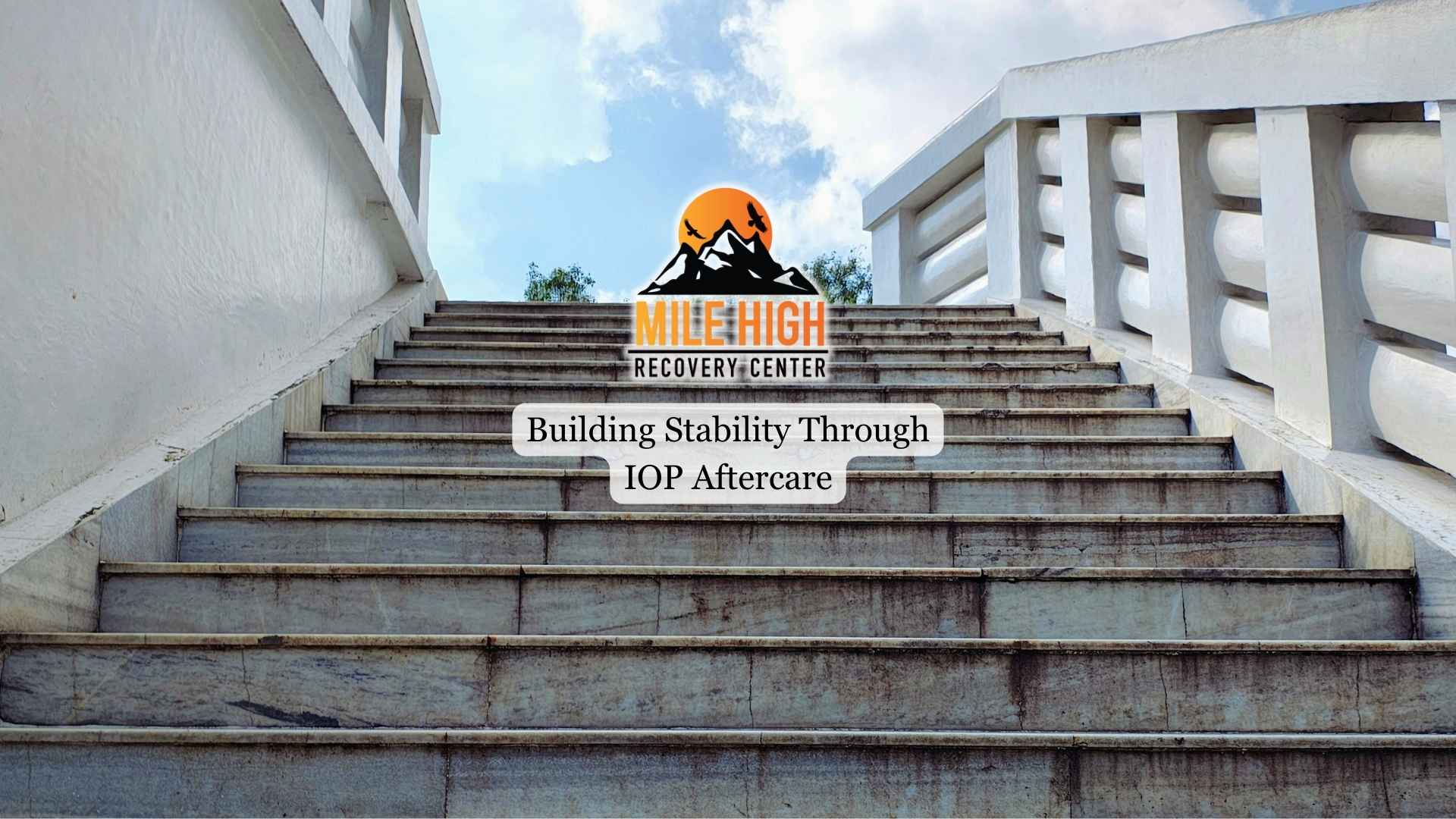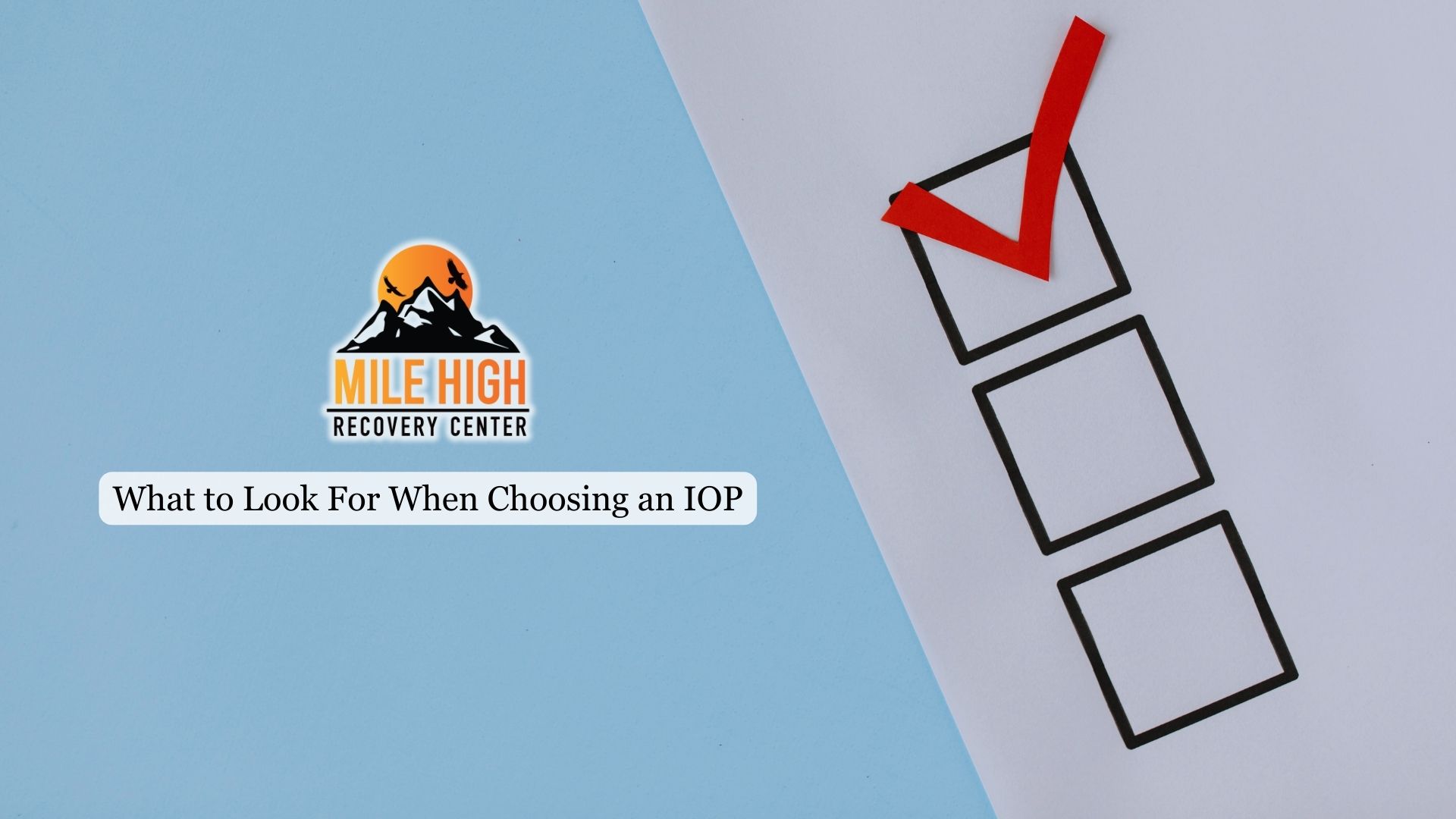Addiction impacts the entire family system, creating complexities that influence the recovery process. This program for addiction is a vital treatment option that addresses these dynamics by involving loved ones in the healing journey.
This article explains how engaging in this kind of therapy helps improve communication, rebuild relationships, and support long-term recovery for those struggling with Substance Use Disorder (SUD).

What is Family Therapy?
Family therapy for addiction is a specialized form of counseling that focuses on the family unit as a whole rather than just the individual struggling with substance abuse. It involves different types of approaches, such as strategic family therapy, functional family therapy, and solution-focused brief therapy, all designed to address home dynamics and improve relationships affected by substance misuse.
Unlike individual therapy, it provides a structured environment where members can openly discuss their experiences and understand the impact on them and their loved ones.
Why It’s Important in Addiction Treatment
Family therapy helps loved ones recognize enabling behaviors, codependency, and unhealthy patterns.
The process provides members a safe space to express feelings, learn about SUDs, and develop skills to better support their loved one’s recovery. The involvement of relatives significantly improves treatment outcomes and strengthens the unit as a whole.
It helps members better understand SUD as a complex disease rather than a moral failing, fostering empathy and reducing blame. Improved communication allows members to express difficult emotions, resolve conflicts, and rebuild trust, which are essential steps for healing.
Involvement of parents, siblings, and close relatives in the recovery process strengthens the individual’s support network, increasing motivation and accountability while decreasing feelings of isolation. The process equips all members with coping skills and strategies to manage stress and triggers related to substance misuse, making the home environment more conducive to sustained recovery.
Family therapy in recovery provides a safe space for addressing co-occurring issues such as mental health disorders, past trauma, or generational patterns that may be related to addiction. It addresses not only the individual’s abuse of substances but also the broader relational context, which can prevent relapse and promote long-term healing.
How Does It Work
Sessions typically involve the therapist guiding conversations between the individual and their loved ones to address conflicts, improve communication, and rebuild trust. Sessions may focus on educating the group about addiction and co-occurring mental health conditions, while also teaching coping strategies and problem-solving skills.
A program usually includes regular sessions over a set period, with the frequency and format tailored to each family’s needs. Both in-person and online options are available to accommodate different situations.
Benefits for Addiction Recovery
- Heal fractured relationships and restore trust within the unit
- Equip loved ones to support recovery and reduce relapse risk
- Improve understanding of SUD complexities and their effects on home dynamics
- Foster a supportive home environment that promotes long-term recovery
- Help Loved ones cope with their own emotional pain and stress

Challenges and Considerations
One common difficulty is resistance or reluctance from members who may be in denial, feel overwhelmed by guilt or shame, or harbor resentment toward the individual struggling with substance use. This resistance can impede open communication and slow progress if not addressed sensitively by the therapist.
Complex home dynamics, such as longstanding conflicts, unresolved trauma, or unhealthy boundary patterns, can also complicate the process. These dynamics may require gradual exploration and skilled therapeutic intervention to create a safe space where all members feel heard and validated. Sometimes, families may have deeply ingrained roles or behaviors that contribute to the misuse of drugs or alcohol, making change particularly challenging. Therapists need to be culturally sensitive and adaptable to meet the unique needs of diverse families.
Another consideration is balancing the needs of the individual and those of their relatives. While therapy focuses on healing the whole family system, it must also respect each person’s boundaries and readiness to engage in treatment. In some cases, individual therapy alongside group sessions may be necessary to address personal issues or trauma that could hinder participation.
Integration with Other Addiction Treatment Modalities
Family therapy works most effectively when integrated into a comprehensive treatment plan that includes various therapeutic approaches.
One-on-one counseling sessions allow the person struggling with SUD to explore personal issues, trauma, and behavioral patterns that may not be fully addressed in group sessions. It provides a confidential space for self-reflection and skill-building that complements the relational focus of family therapy.
Group counseling offers peer support and shared experiences, helping individuals realize they are not alone in their struggles. These settings foster community and accountability, reinforcing the lessons learned.
Medication-assisted treatment, when appropriate, can help manage withdrawal symptoms, reduce cravings, and treat co-occurring mental health conditions, enhancing an individual’s ability to engage fully in therapy.
Integrating family in inpatient, outpatient, or residential treatment programs creates a continuum of care that supports recovery at multiple levels. Involvement of parents, siblings, and relatives in aftercare planning and relapse prevention strengthens the safety net around the individual after formal treatment ends.
Evidence-Based Outcomes
It has been shown to enhance communication skills, decrease conflict, and improve emotional support within the unit. This creates a healthier environment that is conducive to sustained recovery. Some research highlights that family-based interventions lead to better treatment adherence and lower rates of substance use post-treatment compared to individual sessions alone.
Evidence suggests that addressing co-occurring addiction and mental health issues through therapy can further enhance treatment success. These data-driven outcomes underscore the vital role that it plays as part of a comprehensive recovery plan.
Final Thoughts from Mile High Recovery
Family therapy provides a critical, supportive space for the entire system to heal and grow alongside the individual struggling with addiction. It enhances understanding, communication, and cooperation, all of which contribute to long-term recovery success. Incorporating the process into a treatment plan ensures not only the individual’s healing but also the restoration of harmony and strength.
At Mile High Recovery Center in Denver, family therapy is a cornerstone of our addiction treatment approach. We provide a compassionate, evidence-based therapy program that helps families improve communication, rebuild trust, and develop the skills necessary to support their loved one’s long-term recovery. By addressing the entire system, our family therapy helps create a strong, supportive environment that is essential for lasting healing and sobriety.







